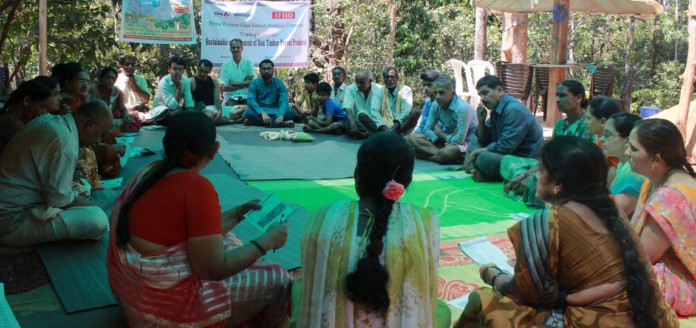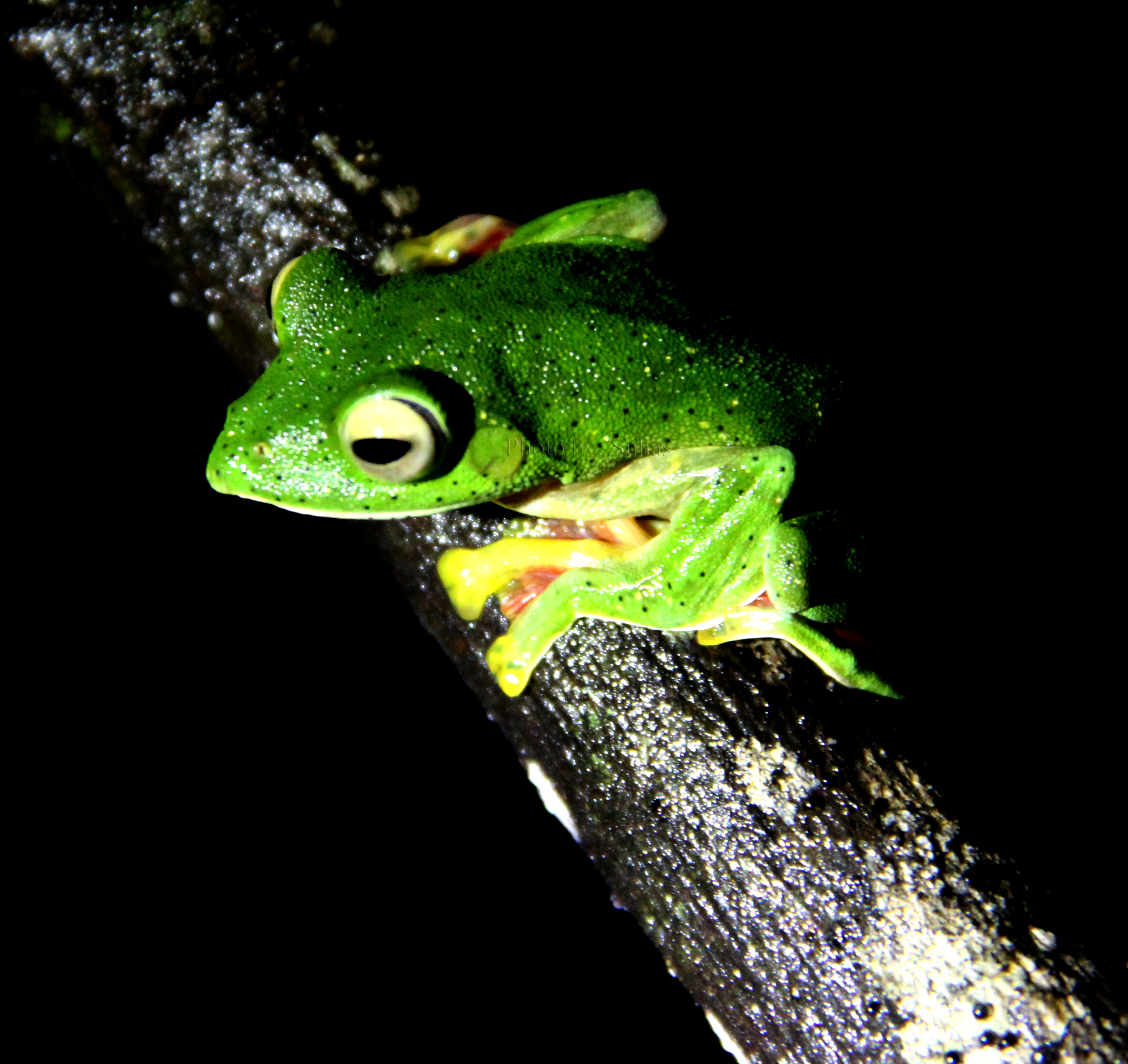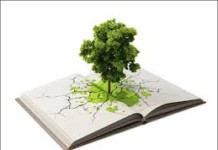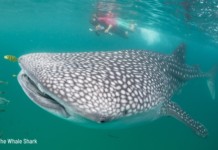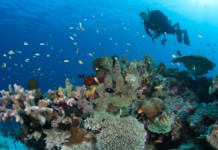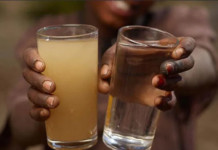Aadhimalai Pazhangudiyinar Producer Company Limited, a 1,700-shareholder cooperative, managed and run entirely by indigenous people from the Nilgiri Biosphere Reserve, improves livelihoods for villagers by supporting sustainable collection and cultivation of a wide range of forest produce and crops. Through local value addition, members earn premium prices.
The prize is for their work in protecting and restoring freshwater swamps, evergreen forests, and mangrove ecosystems, preserving biodiversity, maintaining aquifers and safeguarding carbon sinks in the Western Ghats and the coast of Karnataka. It also involves empowering local communities to pursue sustainable livelihoods.
India Foundation for Humanistic Development [IFHD] is a not- for-profit company with pan India operations in sustainable agriculture, livelihoods, micro-enterprise development, biodiversity conservation and greening of food and energy systems.
Snehakunja Trust is IFHD’s sister organization. It has been operating for 45 years, works in the central Western Ghats and west coast of India on sustainable agriculture, rural livelihoods, holistic healthcare and environment conservation. IFHD and Snehakunja Trust work together seamlessly and collaboratively on different projects pan India.
The 12th Equator Prize is recognizes deep work with local and Indigenous communities from around the world. The winning organizations display local, innovative, nature-based solutions for tackling biodiversity loss and climate change and achieving their local development goals even during a pandemic.
The Government of Norway is the key sponsor of the prize.
This year’s winners, announced in July 2021, include locally-led cooperatives marketing sustainably harvested fruits and organically grown crops as an alternative to logging and poaching in forest reserves; an Indigenous group fighting to protect their ancestral territory from oil exploitation; a local organization protecting critical wetland ecosystems, helping mitigate climate change while safeguarding water sources for hundreds of communities; and a grassroots advocacy group promoting a transition to organic agriculture based on traditional practices, leading to a government commitment to organic-only food production country-wide within a decade.
Equator Prize winners receive US$10,000 and the opportunity to take part in a series of special virtual events associated with the UN General Assembly, the Nature for Life Hub and the UN Food Systems Summit later this year. They will join a network of 255 communities from over 80 countries that have received the Equator Prize since its inception in 2002. This year’s winners are from Kyrgyzstan, Brazil, Bolivia, Cameroon, Costa Rica, Ecuador, India, Niger and Mexico.
Partners of the Equator Initiative include the governments of Norway, Germany, and Sweden, as well as Conservation International, the Convention on Biological Diversity, Eco-Agriculture Partners, Estee Lauder Companies, Fordham University, the International Union for Conservation of Nature, One Earth, The Nature Conservancy, PCI Media Impact, Tribal Link, Rainforest Foundation Norway, Rare, UNEP, UNDP, UN Foundation, USAID, WWF, and the Wildlife Conservation Society.
The Equator Prize is also supported by former Heads of State Gro Harlem Brundtland and Oscar Arias, Nobel Prize winners Al Gore and Elinor Ostrom, thought leaders Jane Goodall and Jeffrey Sachs; indigenous rights leader Vicky Tauli-Corpuz, philanthropists Richard Branson and Ted Turner, and celebrities Edward Norton, Alec Baldwin, Gisele Bündchen, and many more.
Other Winners
Asociación de Jóvenes Reforestadores en Acción (AJORA) – Bolivia
This group of young women promotes sustainable agroforestry models and addresses ecosystem loss and degradation through traditional fire management and restoration activities. AJORA helps slow the exodus of rural youth in the Bolivian Amazon.
CoopCerrado – Brazil
Through creative marketing of dozens of organic, sustainably sourced products from Brazil Cerrado ecoregion, this network of over 4,600 families improves local livelihoods, protects biodiversity, and supports the creation of sustainable-use reserves, showing a pathway to a green economy.
Tropical Forest and Rural Development – Cameroon
Empowering Indigenous communities in the Dja Biosphere Reserve in Cameroon, this community organization promotes cocoa-based agroforestry and the collection of forest products for better local incomes while protecting a vulnerable forest.
Asociación de Mujeres Indígenas del Territorio Cabécar Kábata Könana – Costa Rica
Combining traditional knowledge and social media to ensure food security during a pandemic, the NGO is a model for community resilience to climate change and other external shocks.
Pueblo Originario Kichwa de Sarayaku – Ecuador
The Kichwa people of Sarayaku have won legal battles to protect their 133,000-hectare territory in the Amazon rainforest from oil drilling, logging, and road construction. Their “Kawsak Sacha” Declaration “Living Forest” seeks recognition for a new category of protected area, reflecting Indigenous worldviews and ancestral practices.
BIO-KG Federation of Organic Development – Kyrgyzstan
Reversing land degradation in rural and mountain communities in Kyrgyzstan, BIO-KG has spearheaded the creation of “Organic Aimaks” (communities), whereby villagers commit to organic-only agriculture based on traditional knowledge and agrobiodiverse food systems. The model was instrumental in transition to organic agriculture nationwide within a decade.
Grupo Ecológico Sierra Gorda IAP – Mexico
A leader in community-based climate change mitigation, Grupo Ecológico Sierra Gorda IAP has advanced a state-funded carbon footprint mechanism, social entrepreneurship, ecosystem restoration activities and private reserves to holistically protect the Sierra Gorda Biosphere Reserve and promotes its 638 communities’ economic and social development.
Farmer Union Maddaben of Falwel and Farmer Union Hareyben of Tera – Niger
These two farmer unions, part of a coalition of agricultural unions and farmer groups in Niger, have improved food security, local livelihoods, and community adaptation to climate change through the promotion of agrobiodiversity in participatory research, restoration and regeneration of degraded land, and organic agriculture.


